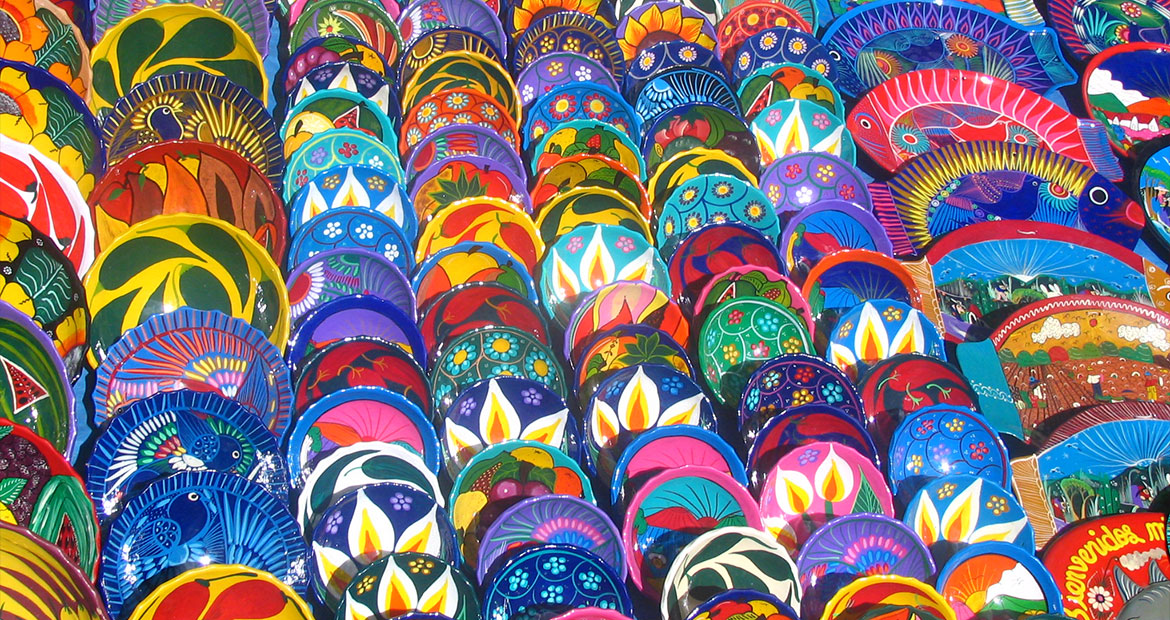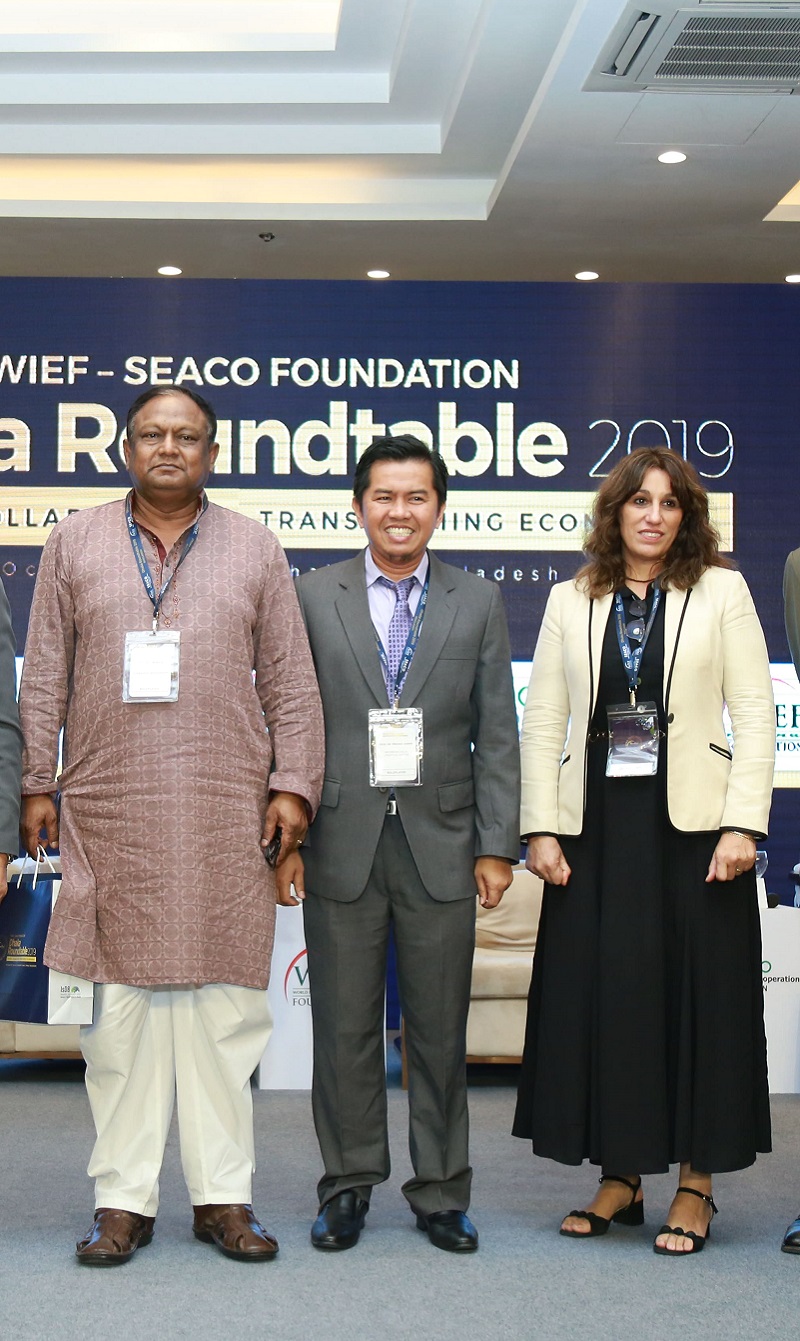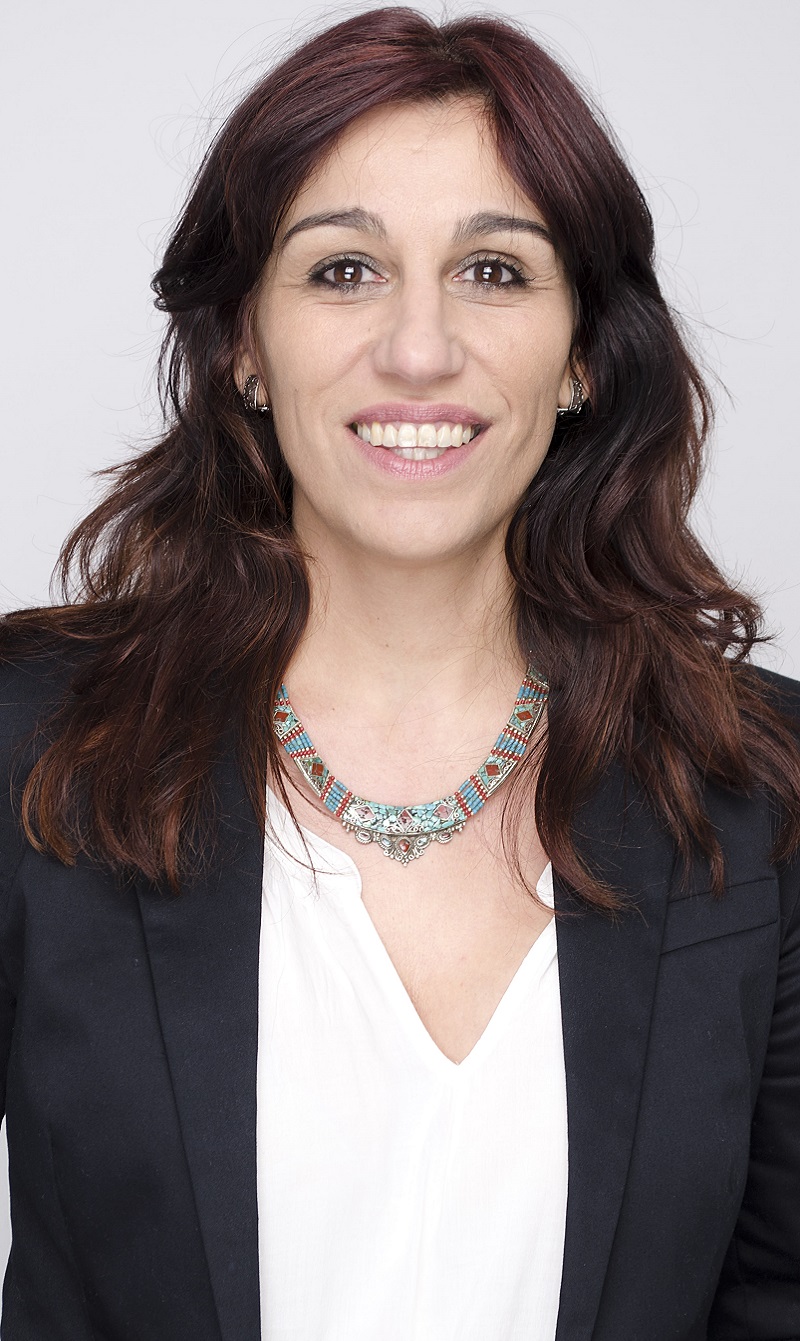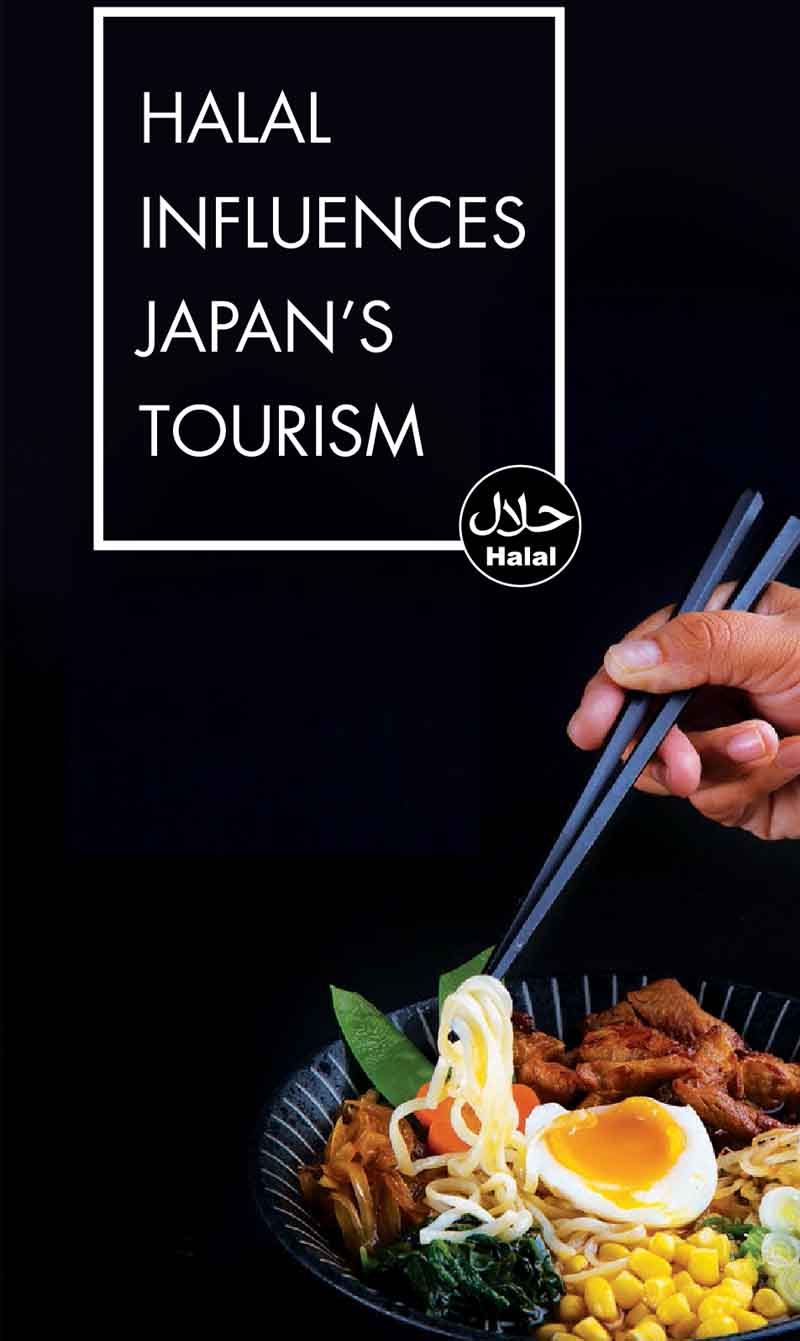Trade among Islamic nations grows apace
From ancient times, the countries which today are members of the Organization of Islamic Cooperation (OIC) were leaders in fostering world trade, from those along the Silk Road linking the Mediterranean to China, to the Persian Gulf kingdoms that dominated the sea routes of the Indian Ocean.
Over the centuries, as transport links improved, trade among the Islamic peoples and economies grew at a steady pace, thanks to innovations such as the check, which was created more than 1,000 years ago by Muslim merchants to finance commerce with distant lands.
Today, commerce among the 57 members of the OIC is flourishing and is expected to reach 20 of the total trade of these nations this year.
In the global content, the economies of Islamic nations are also becoming increasingly important, representing a total GDP of around USD 10 trillion and a population of close to 1.6 billion people, which demographers say is increasing at twice the rate of the rest of the world.
As Muslim populations grow, the demand for Islamic products such as halal food is likewise increasing and producers outside Islamic countries such as the United States, Australia and Brazil are entering the market.
Among OIC members, several countries are working to become hubs for the halal trade. Last year,
the United Arab Emirates, eager to become a center for Islamic business and finance, announced that Dubai would set aside almost 7 million square feet of land for a “Halal Cluster,”
for manufacturing and logistics companies handling halal food, cosmetics and other personal products.
Meanwhile, as the world economic crisis gradually eases, some of the fastest-growing national economies in the world are OIC members, encompassing Indonesia in the Far East to Turkey in the West with the oil-rich Gulf states at their center. As these countries’ economies grow ever more robust, it is natural that their foreign trade with other nations is also increasing.
Meanwhile, as the world economic crisis gradually eases, some of the fastest-growing national economies in the world are OIC members, encompassing Indonesia in the Far East to Turkey in the West with the oil-rich Gulf states at their centre. As these countries’ economies grow ever more robust, it is natural that their foreign trade with other nations is also increasing.
Intra-OIC exports reflect the same trend. They rose by almost 12 percent between 2011 and 2012, ac- counting for 16 percent of all OIC exports, up from 15.3 percent from the previous year.
Exports from OIC member states are also becoming increasingly diverse and much less dependent on oil and gas sales abroad.
Global imports also increased to a historic high of USD 2.0 trillion in 2013 from a low of USD 1.2 trillion in 2009, while intra-OIC imports, as a percentage of these countries total imports, rose from 18.4 percent in 2009 to 28.1 percent in 2013.
Reflecting this trend, the Islamic Center for Development of Trade (ICDT) sees bright prospects over the next several years for commerce among OIC countries, as the bloc recovers from the sharp falls of 2009.
Annual increases of around 7 percent are foreseen and intra-OIC trade could surpass USD 500 billion by 2016, depending on the price of oil and the economic recovery of the organisation’s member states. According to the latest ICDT data, 2015 should see a rise of 7.3 percent in trade, to some USD 472 billion, with a 6.8 percent increase the following year.
Challenges remain, however. Hurdles to higher trade volumes include non-tariff barriers, logistic constraints and transportation obstacles. There are also financing issues and a lack of complementarity, the ICDT says, adding that all these concerns need to be addressed by the OIC countries.
Fortunately, help is at hand. The International Islamic Trade Finance Corporation (ITFC), created in 2008 as an independent agency within the Islamic Development Bank group, promotes and finances commerce to boost the economies – and therefore the standards of living – of people in Muslim-majority countries.
As a leader in Shariah-compliant trade finance, the ITFC deploys its expertise and funds to businesses and governments in its member countries,” the Corporation’s mission statement says. ITFC works to foster development through commerce by improving companies access to trade finance and with capacity-building programs that help them compete successfully in international markets.
Its main strategic goals are to foster member countries’ trade and trade integration, respond to client needs with innovative Shariah-compliant solutions, act as the finance source of choice for trade solutions, and deliver a full return to its shareholders.
In the first five years after its creation, the Corporation’s approvals for trade finance operations doubled from USD 2.5 billion to USD 5 billion, as it garnered more members and reached out to new markets.
Of particular interest has been the engineering of innovative solutions to aid the private sector and help small- and medium-sized enterprises to access financing.
The Corporation primarily uses three main Shariah-compliant financing methods:
– Murabaha, which involves the purchase by ITFC of commodities from a supplier and then sells them to the beneficiary under a deferred payment arrangement.
– Installment Sale, with the Corporation purchasing commodities for the beneficiary, who immediately obtains ownership upon delivery, allowing him to provide the same asset as security.
– Istisna’a, a financing method for the promotion of capital goods and the enhancing of production capacity through a contract for manufacturing goods.
Recently, the Corporation has used these methods and others to finance a number of projects in countries such as Indonesia, where it designed a USD 1 million operation for the coffee sector to meet its pre-export financing needs.
In this case, the ITF directly financed the pre-export working capital requirements of the exporter. By making payments to the supplying cooperatives of 6,000 coffee growers, the latter were able to receive the funds right away instead of having to wait for payment from the final buyers.
In addition, the financing helped the growers get a better price for their coffee and attracted 15 new buyers, enabling the exporters to expand their business operations.
In Sudan, ITFC found a Shariah-compliant solution to finance a major sugar deal, working in tandem with the OPEC Fund for International Development, with each contributing 2 million for purchasing raw and white sugar.
By extending the financing, the partners sup- ported the local sugar industry and helped achieve recognition for Sudan as the biggest and only sugar exporter in the region.
Many centuries after those first Muslim tradesmen stepped out onto the Silk Road or set sail for the Far East, commerce among their descendants is thriving, thanks to these new financing methods, which are fully compliant with Shariah law.
___________________
This article originally appeared in a special publication by The Worldfolio produced in conjunction with the 11th World Islamic Economic Forum.





